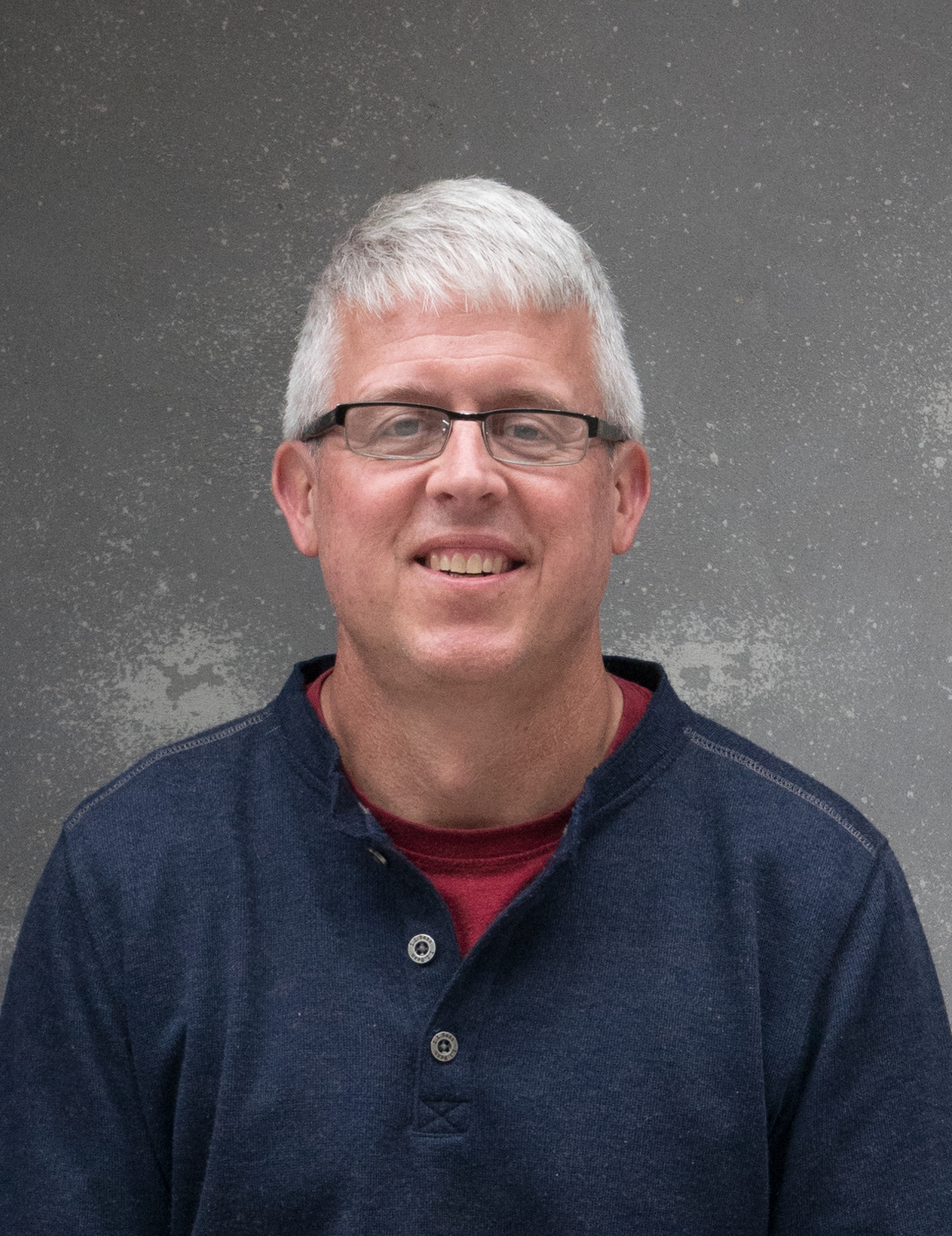You have /5 articles left.
Sign up for a free account or log in.
Scott Moore is an interesting guy. He spent over two decades as a tenured business school professor (at Michigan) and a dean (at Babson) before making the move in 2015 to a leadership role at Extension Engine. As Scott looks toward the next chapter in his career, he agreed to answer my questions about life in and outside academia.
to answer my questions about life in and outside academia.
Q: Scott, the first question that many of us within academia would want to know is why anyone would leave a tenured job as a professor for a job in the private sector. Why did you originally make this move, and what advice might you have for other academics who are considering leaving academia?
A: First, thanks for this opportunity, Josh. You’re an interesting guy, too, and that’s why I’m here!
Academia operates within a bubble, and time moves slowly. I wanted to move more quickly and engage with market forces—you know, think about what's needed and try to enable change with as few administrative constraints as possible. Working within a services organization allowed me to work with select colleges that really wanted to change. If you trust both in your knowledge and your ability to learn, then nothing could be more exciting.
As for leaving academia, I felt that my skill set would be my safety net in case I needed to change jobs. It worked six years ago, and I'm in the process of finding out if that is still true! Assess yourself honestly, ask for help from others and then get out there and explore the possibilities!
Q: You and I both are in the last third of our careers. What are your goals for this stage of your career? What sort of role could you imagine for yourself that would draw on your long background and experience within higher education and the last few years that you’ve spent working at a for-profit educational company?
A: At the foundation, I want to help an organization in significant ways; I want to help it reach 10 times the people it did before and provide a better experience for all.
When done well, digital experiences allow all this to happen but, too often, they are poorly conceived and make many participants want to gouge their eyes out. It doesn’t have to be this way!
I think that my deep background in higher ed (teaching and administration), business, and technology puts me in a great position to help universities reach their growth goals. This might be within academia or at a services or consulting organization. Who knows?
Q: There is a great deal of concern among my friends and colleagues across higher education about the ever-deepening dependence of universities on for-profit companies. This concern is especially acute when it comes to areas that colleges think of as core competencies such as teaching and learning. From your experience on both sides of the nonprofit/for-profit divide, can you share any thoughts of how leaders at for-profit education companies can address these concerns?
A: For-profit organizations—the ones that I have worked with—can be very useful tools to bring about change within a university. They are also quite explicit about “We will do X for $Y.” Higher ed has some difficulty at tracking costs, thinking about marginal costs and properly estimating the cost of hiring and managing people. Thus, this explicit discussion about exchanging money for services can be problematic for many in higher ed. “Is $Y cheap, or is it expensive? We don't know! Could we do X if we wanted to?” Before partnering with a for-profit company, the leadership and faculty and staff all need to be ready and willing to change. They all also need to understand their own finances and strategy and have open conversations about them.
As to your statement about teaching and learning being core competencies: this is absolutely true for the traditional college experience; centuries of knowledge have been passed down. Digital learning is a new thing entirely; it is not just a marginally different thing than face-to-face learning. Many faculty need to do a lot of introspection about their own skills related to digital pedagogy. I have learned so much about learning experience design from the professionals at Extension Engine and elsewhere. I believe that if faculty want to lead amazing, life-changing learning experiences for their students, then they should seek out partnerships with people with those skills. A faculty’s core competencies in this new world should be in subject matter expertise, and it can amplify this knowledge most effectively with the help of other experts.
My final point relates to online learning governance. Online learning is here to stay in some form or the other. Twenty years ago, it might have made sense to outsource the management of the online experience. Today, I’m pretty sure that this isn’t the case. Expertise is available; digital pedagogy has matured quite a bit; technology is widely available. Tell me again why a university shouldn’t build its own capabilities? Certainly, creating digital learning is an expensive proposition, especially up-front costs. However, as a college does more, marginal costs will be better understood, and it will figure out how to create differentiated online learning for itself. Academic leadership has to find the money to make the appropriate investments so that the university itself can learn how to create differentiated digital experiences.




